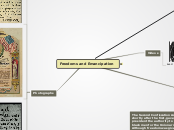jonka Mehari Doran-Cline 8 vuotta sitten
482
Freedoms and Emancipation

jonka Mehari Doran-Cline 8 vuotta sitten
482

Lisää tämän kaltaisia
The template is not the main focus rn.